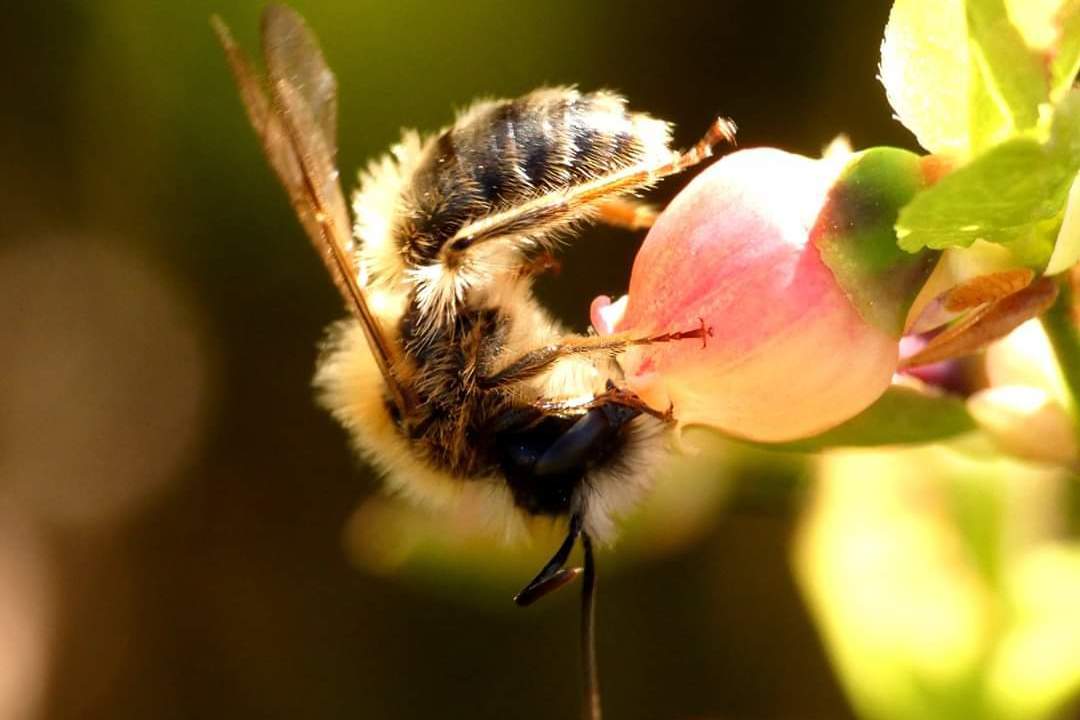Wasp control - summers' here and so are the wasps
Posted on 29th October 2016 at 10:10

Wasps are unpleasant to have around and dangerous when disturbed - find out about wasp control from All Aspects Pest Control covering Wokingham, Reading and surrounds of Berkshire.
Summer is here and the Queen wasps have emerged from their hibernation and have started building their nests; the first of the female drones emerge and for summer; those people who suffer from anaphyalatic shock or have what is a common phobia of wasps the misery starts.
How many different species of wasp would you be likely to find in the UK?
There are many different types of wasp as some of these live solitary lives and prey on insects by paralysing them and laying their eggs in the insects bodies; these are known as parasitic wasps and generally not a threat to humans, the two common types of wasps that we have; are the German Wasp and the Common Wasp. The German Wasp can be identified by characteristic black markings on its face, along with a grey coloured wasp nest and the fact that these wasps nest underground and in bushes which are easily predated upon by animals, makes them the more aggressive of the common species.
The second wasp that you'll likely to meet is the Common Wasp, these are very similar in size and colour to the German Wasps, the two major differences being that they have a cream coloured nest and choose to build their wasp nests in air bricks, lofts and cavities in sheds, garages and around our houses. Still an aggressive species but slightly less so than German Wasps - although I still wouldn't like to treat their wasp nest without wearing a protective suit!
Are there any other types of wasps to be found?
Another wasp that is starting to become more common in the area is the Median Wasp which builds a paper nest in the branches of tree's and underneath eaves of buildings, these wasps are similar in appearance to Common Wasps but their body markings are more black than yellow. Reputed to be the least aggressive of all the wasp species unless their nest is being attacked, as a professional pest controller I only meet wasps when I'm attacking their nests so they all seem alike to me.
Why do wasps attack humans if they feed on insects?
All wasps will defend the colony where their Queen lives, when under attack release two sets of pheromones; the first is an aggressor pheromone which alerts any nearby wasp that an attack is underway so they are primed to defend their colony and when actually stinging, wasps release a further pheromone which drives the other wasps into a frenzy of aggressive stinging. Yet another chemical is released if you kill a wasp and this will drive them into a frenzy; that's why its best not to run or flap your arms about if you think that your being attacked by wasps, get low and get away. News items featuring gardener's that have been stung multiple times evidence the collective power of a wasp colony that is interfered with, sometimes with tragic consequences; dealing with a wasp nest is a job for professionals only!
We had a large wasps nest in the garden, how many wasps would there be inside it?
The wasp colony continues to grow in numbers and a full size wasp nest could hold around 15,000 drones by the end of the summer, then the Queen Wasp finally lays the eggs of fertile female wasps and a number of males. Exhausted she'll then die and in doing so the colony collapses; she gives off pheromones that keep all the wasp drones subservient and act on behalf of the colony. Once the final final grubs or larvae pupate, there is nothing for the adult drones to eat. When being fed the grubs secrete a sticky sweet solution which is in turn eaten by the drones. Wasps don't eat the insects that you see them bringing back to the nest; these are chopped up and fed to the grubs.
If the Queen wasp is dead why do wasps because so aggressive in the autumn?
Colony collapse occurs in the autumn and this is when wasps start to pester picnicker's and feed on fallen apples, without the food from the grubs the drones are literally starving to death and are perceived as being aggressive when in fact their just hungry. The fertilised Queens now fatten up ready to hibernate somewhere warm and dry and so complete the cycle next year.
I feel that its important to add to any article highlighting the nature of wasps that bumble bee's, honey bee's and masonry bee's are completely unlike wasps. They don't have an aggressive nature as such and usually only sting when attacked; wasps use their sting to paralyse prey whilst all bees are pollinators and they use their stinger only for defense. We want to be a professional and ethical pest control company and as such our policy is that we don't treat bees - any bee's, if you'd like advise on what species you have then please call us, it may save you money on an unnecessary treatment from another pest control company (masonry bees don't have a stinger large enough to penetrate human skin for example) and it certainly helps the environment, something we all need to bear in mind.
Tagged as: Wasps, bee's and hornets
Share this post:





